Tag Archive: S&P 500
Economic Growth Myth & Why Socialism Is Rising
I was recently asked about the seemingly strong “economic growth” rate as the Federal Reserve prepares to start cutting rates.
“If economic growth is so strong, as noted by the recent GDP report, then why would the Federal Reserve cut rates?”
It’s a good question that got me thinking about the trend of economic growth, the debt, and where we will likely be.
Since the end of the financial crisis, economists, analysts, and the Federal...
Read More »
Read More »
Are Mega-Caps About To Make A Mega-Comeback?
Are the “Mega-Cap” stocks dead? Maybe. But there are four reasons why they could be staged for a comeback. The recent market correction from the July peak certainly got investors’ attention and rattled the more extreme complacency. As we noted previously:
“While there have certainly been more extended periods in the market without a 2% decline, it is essential to remember that low volatility represents a high “complacency” with investors. In...
Read More »
Read More »
UBI – Tried, Tested And Failed As Expected
A Universal Basic Income (UBI) sounds great in theory. According to a previous study by the Roosevelt Institute, it could permanently increase the U.S. economy by trillions of dollars. While such socialistic policies sound great in theory, history, and data, they aren’t the economic saviors they are touted to be.
What Is A Universal Basic Income (UBI)
To understand why the theory of universal basic income (UBI) is heavily flawed, we need to...
Read More »
Read More »
Yen Carry Trade Blows Up Sparking Global Sell-Off
On Monday morning, investors woke up to plunging stock markets as the “Yen Carry Trade” blew up. While media headlines suggested the sell-off was due to fears of a recession, slowing employment growth, or fears over Israel and Iran, such is not the case.
Read More »
Read More »
The Sahm Rule, Employment, And Recession Indicators
Economist Claudia Sahm developed the “Sahm Rule,” which states that the economy is in recession when the unemployment rate’s three-month average is a half percentage point above its 12-month low. As shown, the latest employment report has triggered that indicator.
So, does this mean a recession is imminent? Maybe. However, we can now add this indicator to the long list of other recessionary indicators, also flashing warning signs.
As...
Read More »
Read More »
The Bull Market – Could It Just Be Getting Started?
We noted last Friday that over the previous few years, a handful of “Mega-Capitalization” (mega-market capitalization) stocks have dominated market returns and driven the bull market. In that article, we questioned whether the dominance of just a handful of stocks can continue to drive the bull market. Furthermore, the breadth of the bull market rally has remained a vital concern of the bulls.
Read More »
Read More »
Market Morsel: How “The Market” Is Really Doing
When people talk about “the market” they are usually referring the big indexes – the S&P 500 or the NASDAQ. For more casual observers, “the market” is the Dow which is a lousy index for a lot of reasons but has the advantage of history. But are any those really representative of how “the market” is doing? Not really.
Read More »
Read More »
Deviations From Long-Term Growth Trends Back To Extremes
In 2022, we discussed the market’s deviations from long-term growth trends. That discussion centered on Jeremy Grantham’s commentary about market bubbles.
Read More »
Read More »
Retail Sales Data Suggests A Strong Consumer Or Does It
The latest retail sales data suggests a robust consumer, leading economists to become even more optimistic about more robust economic growth this year.
Read More »
Read More »
Immigration And Its Impact On Employment
Is immigration why employment reports from the Bureau of Labor Statistics (BLS) continue defying mainstream economists’ estimates? Many are asking this question as the U.S. experiences a flood of immigrants across the southern border.
Read More »
Read More »
Blackout Of Buybacks Threatens Bullish Run
With the last half of March upon us, the blackout of stock buybacks threatens to reduce one of the liquidity sources supporting the bullish run this year. If you don’t understand the importance of corporate share buybacks and the blackout periods, here is a snippet of a 2023 article I previously wrote.
Read More »
Read More »
Digital Currency And Gold As Speculative Warnings
Over the last few years, digital currencies and gold have become decent barometers of speculative investor appetite. Such isn’t surprising given the evolution of the market into a “casino” following the pandemic, where retail traders have increased their speculative appetites.
Read More »
Read More »
Presidential Elections And Market Corrections
Presidential elections and market corrections have a long history of companionship. Given the rampant rhetoric between the right and left, such is not surprising. Such is particularly the case over the last two Presidential elections, where polarizing candidates trumped policies.
Read More »
Read More »
Valuation Metrics And Volatility Suggest Investor Caution
Valuation metrics have little to do with what the market will do over the next few days or months. However, they are essential to future outcomes and shouldn’t be dismissed during the surge in bullish sentiment. Just recently, Bank of America noted that the market is expensive based on 20 of the 25 valuation metrics they track.
Read More »
Read More »
Fed Chair Powell Just Said The Quiet Part Out Loud
Regarding the surprisingly strong employment data, Fed Chair Powell said the quiet part out loud. The media hopes you didn’t hear it as we head into a contentious election in November. Over the last several months, we have seen repeated employment reports from the Bureau of Labor Statistics (BLS) that crushed economists’ estimates and seemed to defy logic. Such is particularly the case when you read commentary about the state of the average...
Read More »
Read More »
Great News! Consumer Sentiment Is Awful!
I don’t know how many times I’ve seen blog posts or articles or Tweets about negative consumer sentiment over the last year. These articles rightly point out that the University of Michigan consumer sentiment survey is sitting near (or at a few months ago) 50 year lows. This fact is taken as a negative for the economy and therefore stocks.
Read More »
Read More »
Weekly Market Pulse: Peak Pessimism?
Goodbye and good riddance to the third quarter of 2022. That was one of the wildest 3 months I’ve experienced in my 40 years of trading and investing. The quarter started off great with the S&P 500 rising 14% from July 1 to August 16 but ended with a 17% swan dive into the end of the quarter. And we closed on the low of the year.
Read More »
Read More »
Weekly Market Pulse: Same As It Ever Was
History never repeats itself. Man always does. Mark Twain is credited with a similar saying, that history doesn’t repeat but it rhymes. Of course, there is scant evidence that Clemens said anything of the sort just as Voltaire may or may not have penned the quote above. But both men were much wittier than I – than most – so I’ll take them both as being representative if not genuine.
Read More »
Read More »
Weekly Market Pulse: Expand Your Horizons
Late last year I wrote a weekly update that focused on the speculative nature of the markets. In that article, I focused on the S&P 500 because I wanted to make a point, namely that owning the S&P 500 did not absolve investment advisers of their fiduciary duty.
Read More »
Read More »









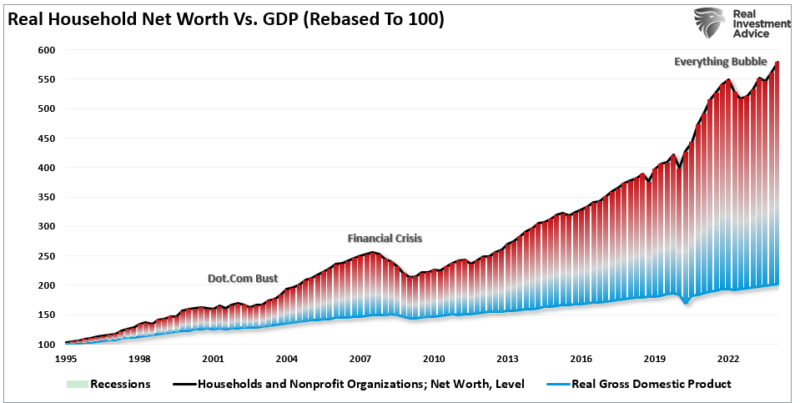
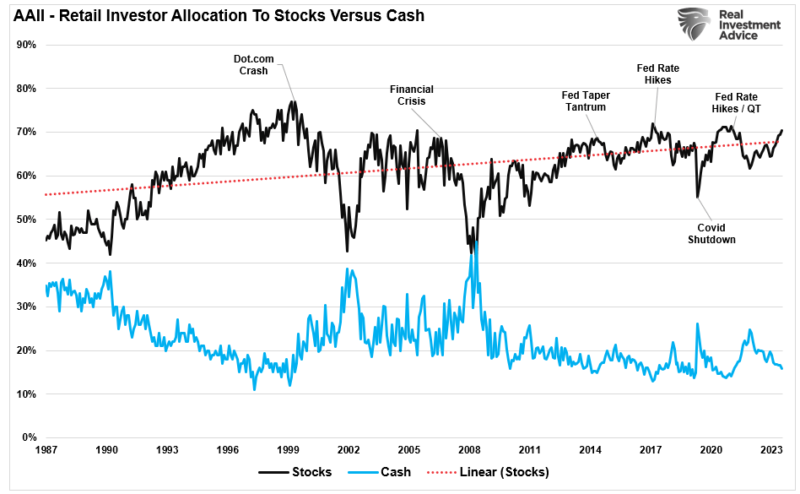

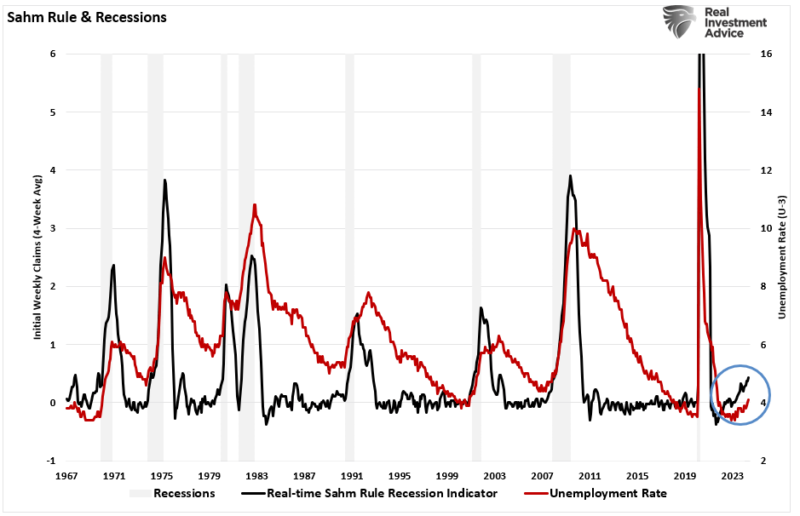
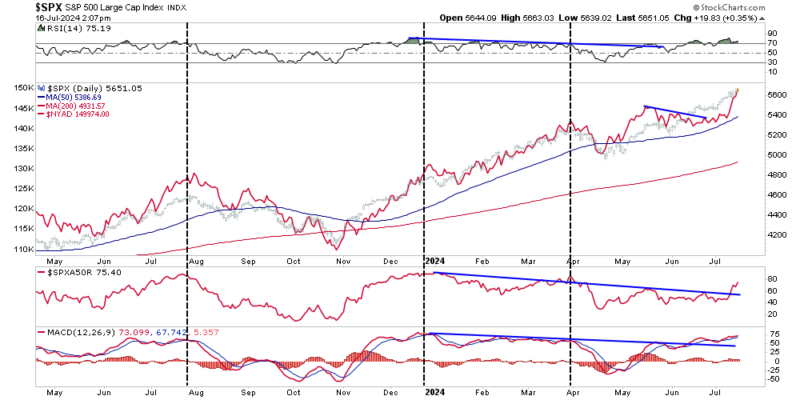
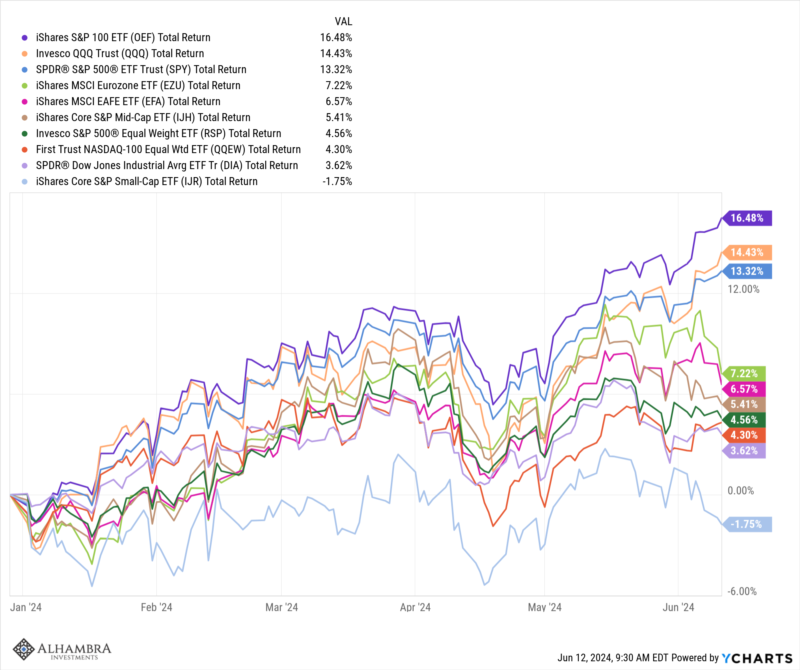
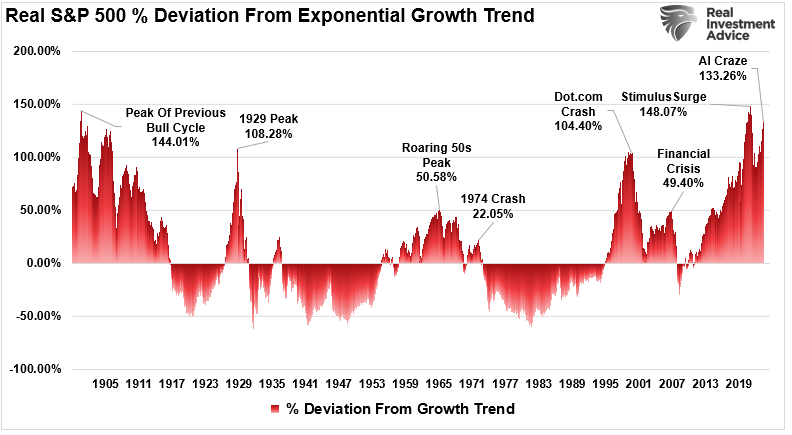
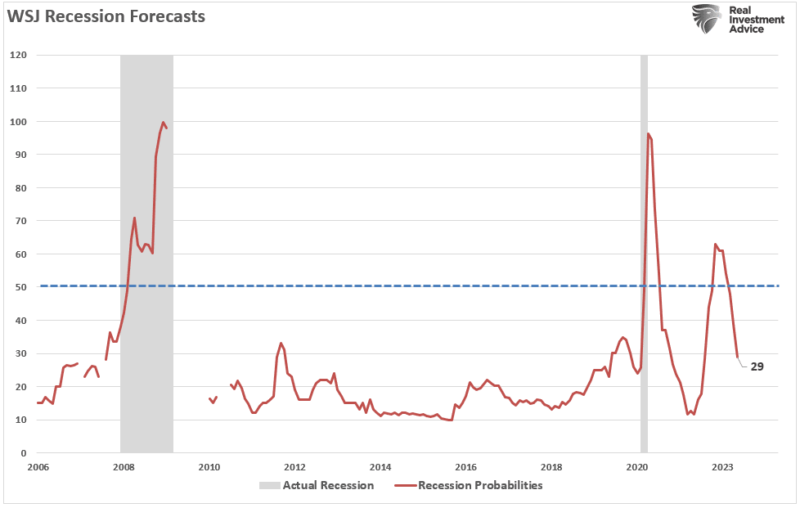
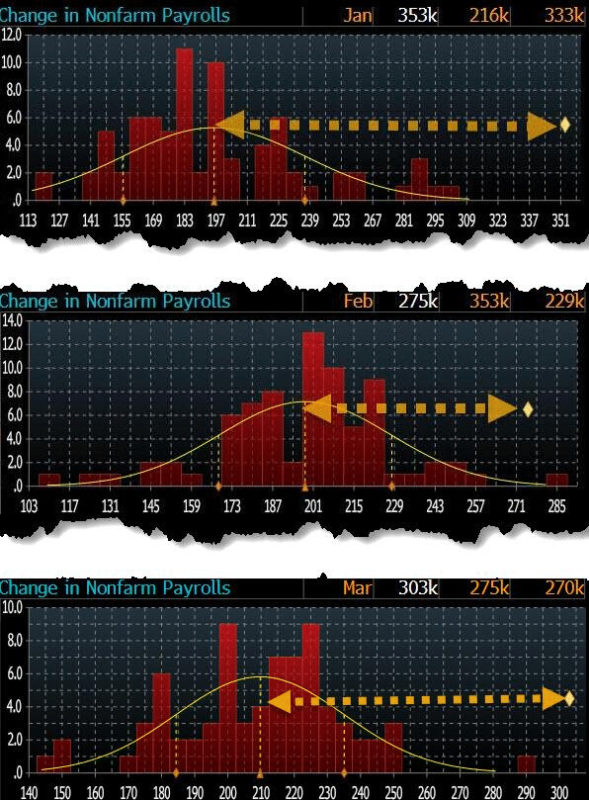

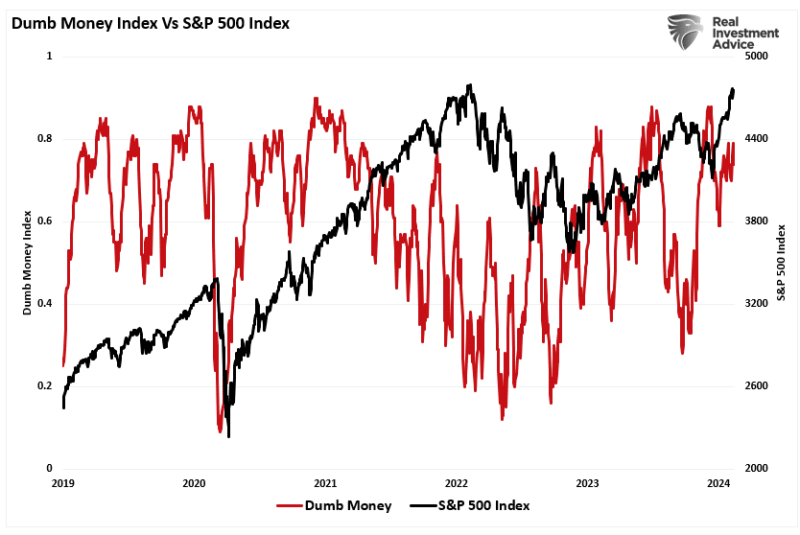
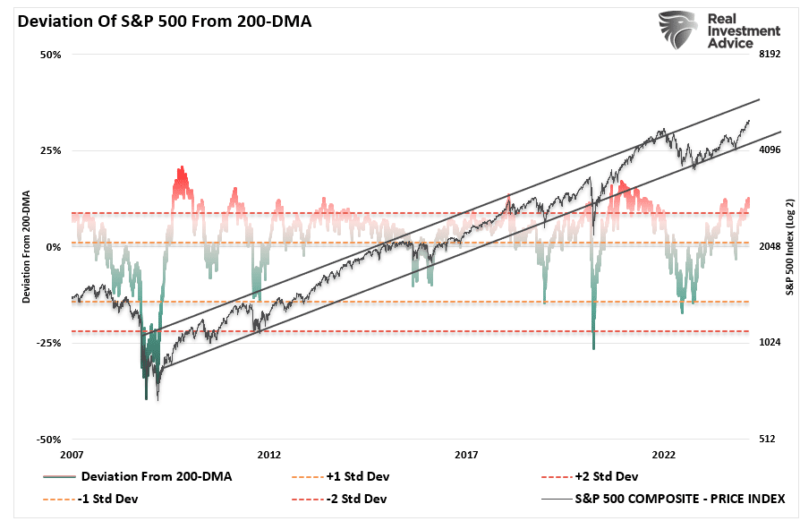
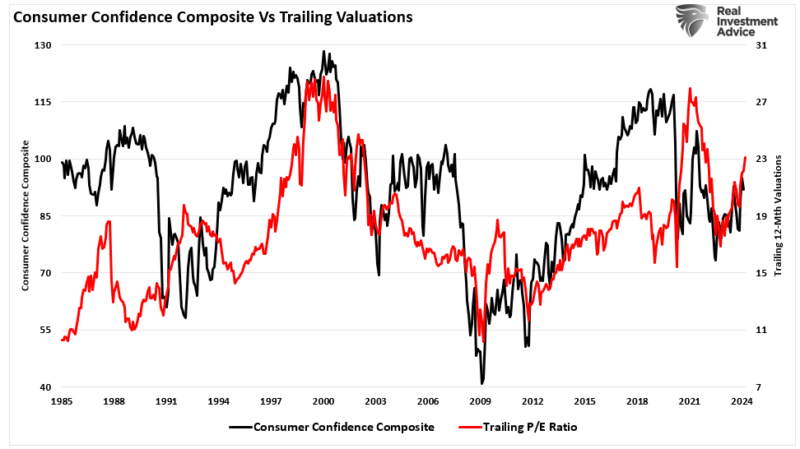
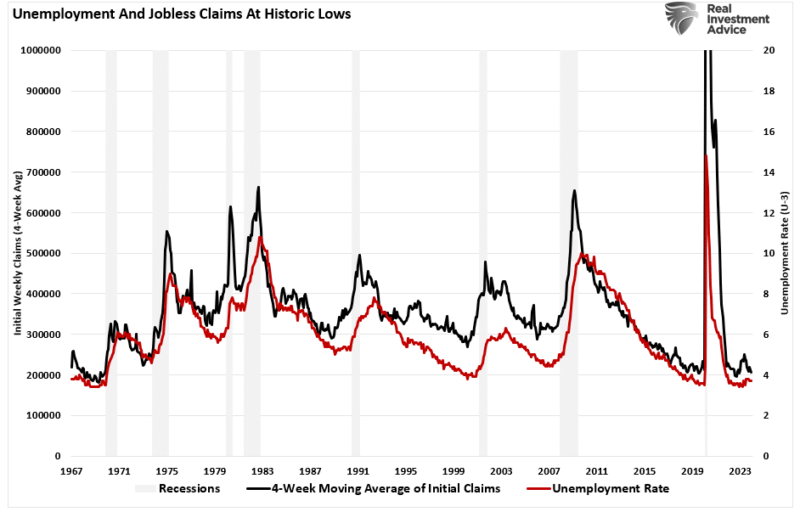
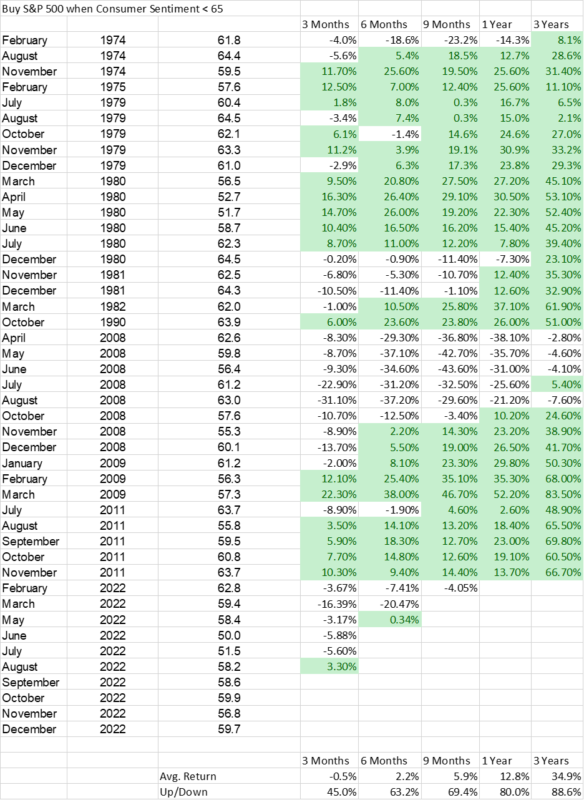


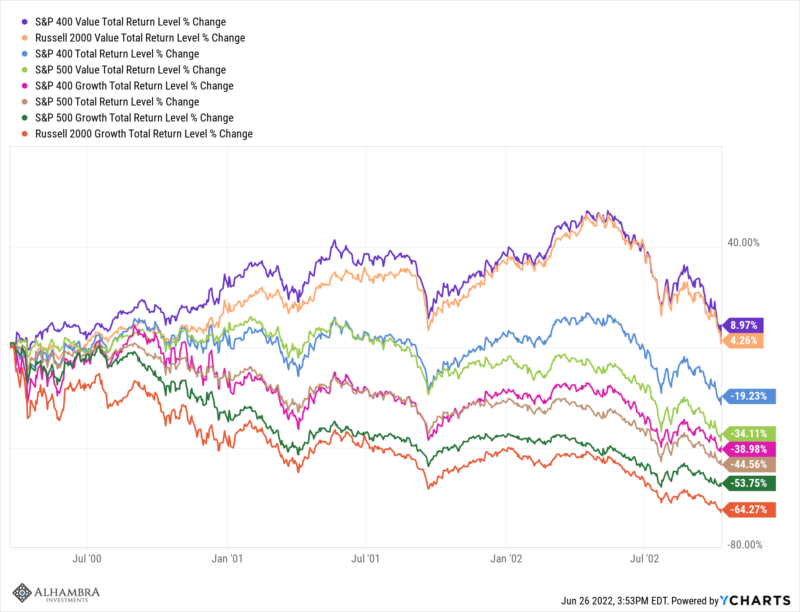








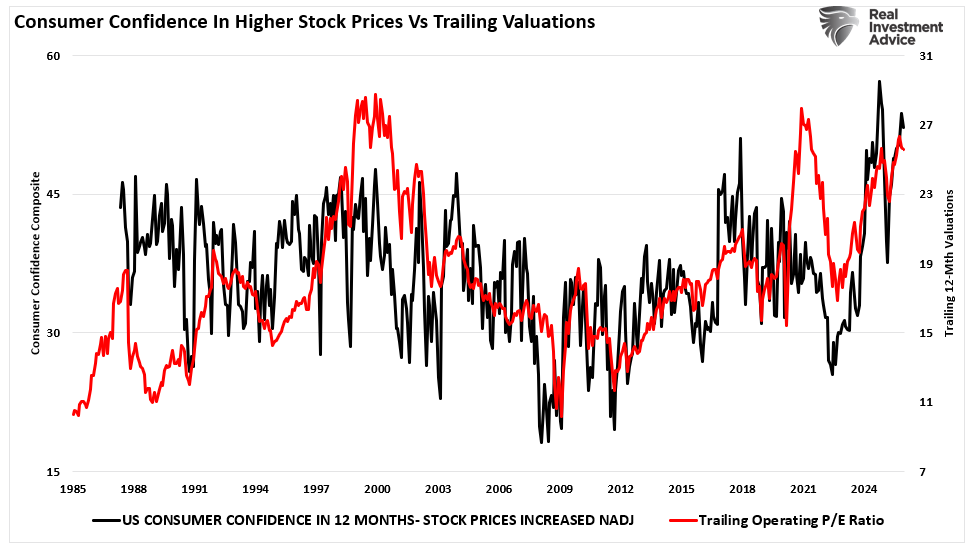

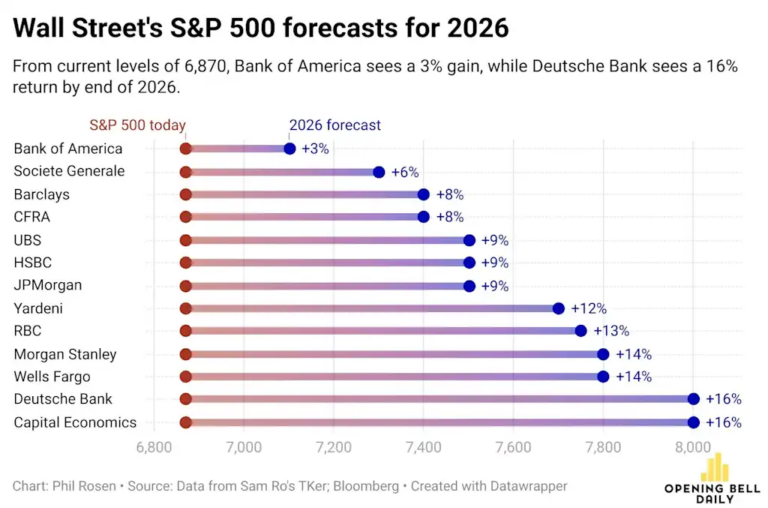
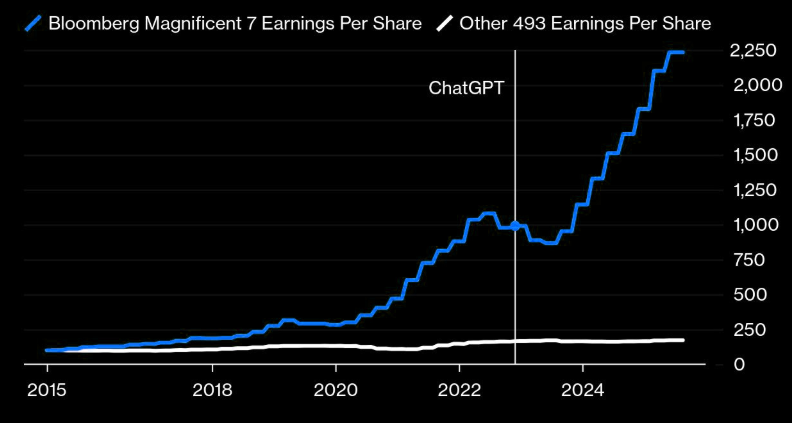


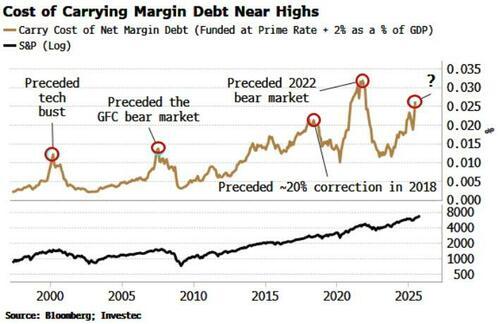

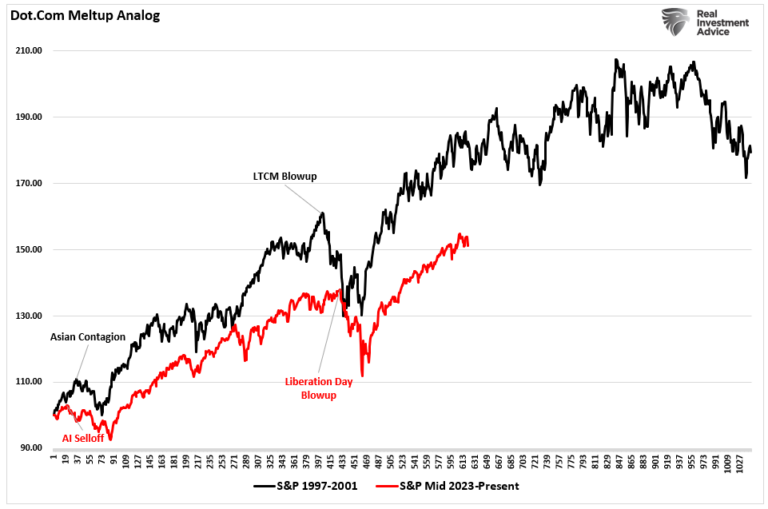
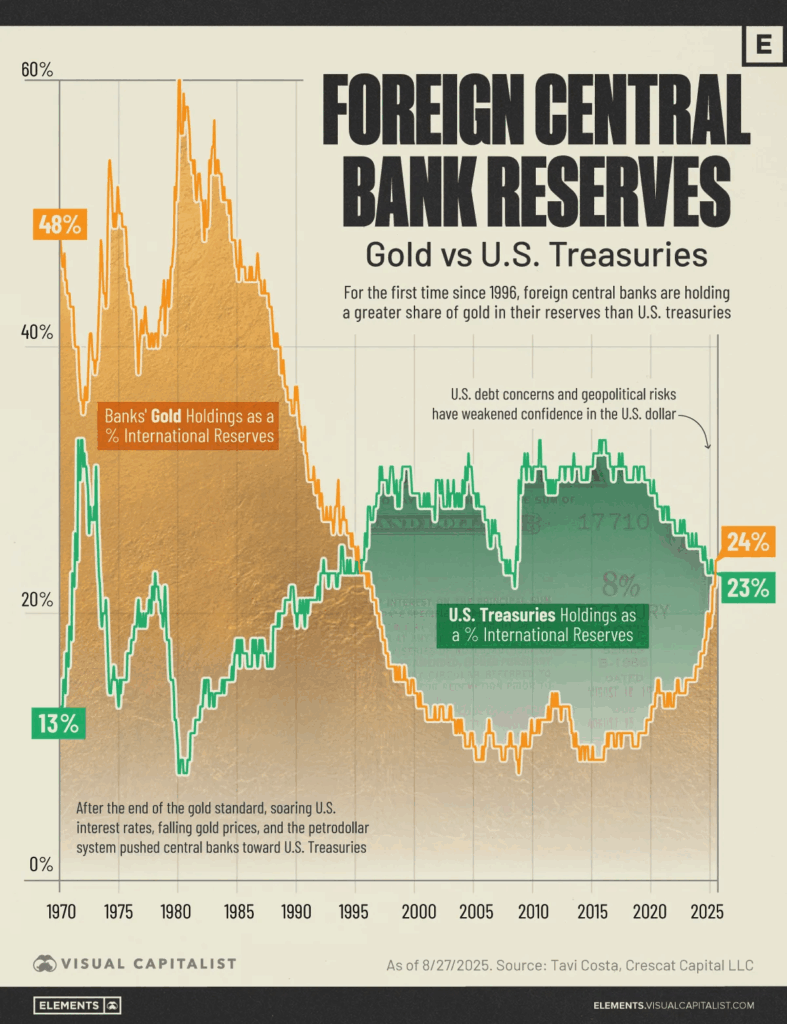


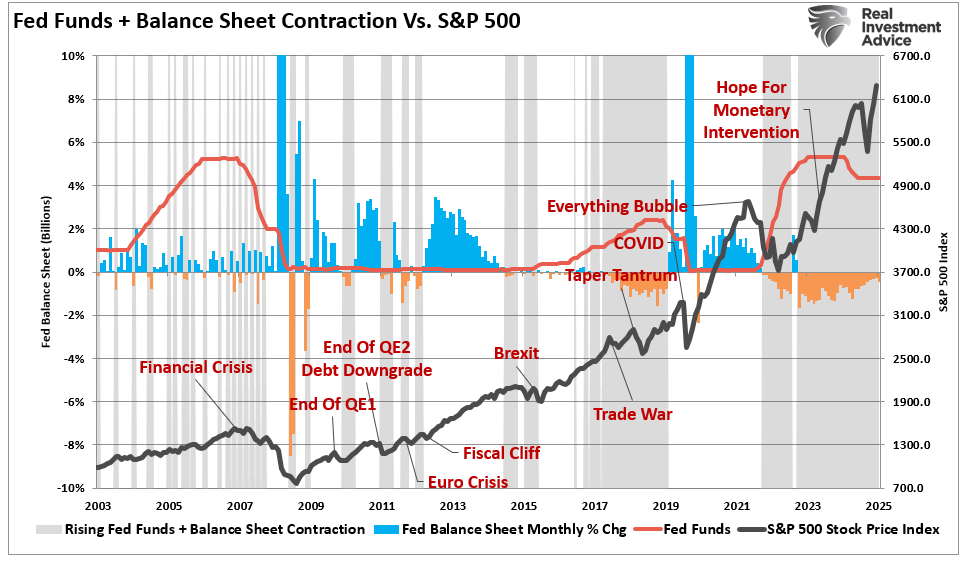


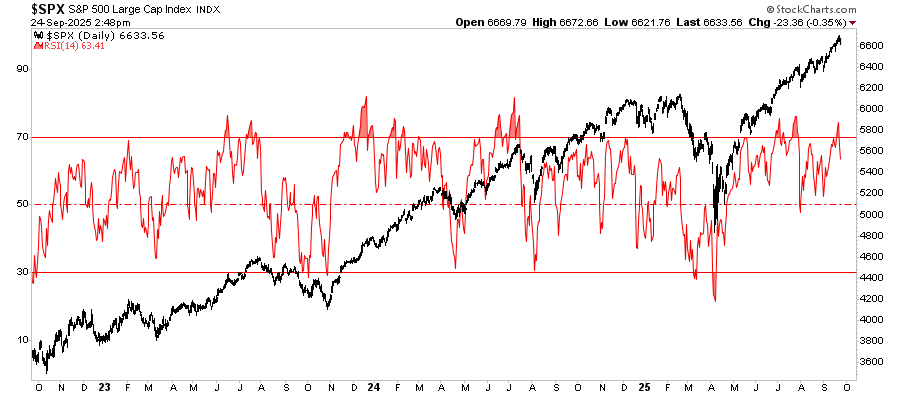


Gold traders on trial: Only buy physical
2022-07-15
by Stephen Flood
2022-07-15
Read More »